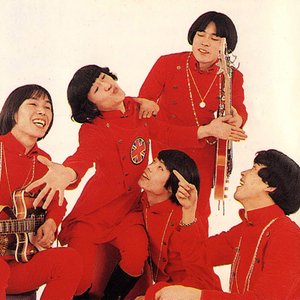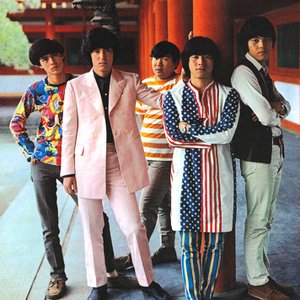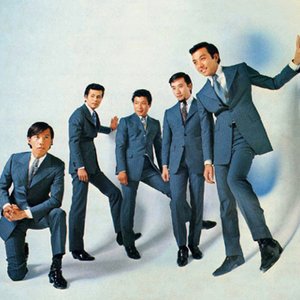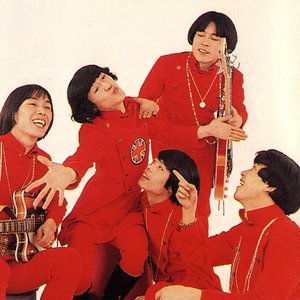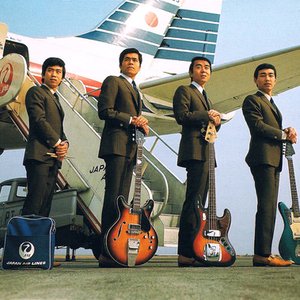Biography
There are at least four bands called The Tigers.
1. The most widely known of these are The Tigers (ザ・タイガース), Japan’s most popular band of the Group Sounds era. The group featured a singer named Kenji Sawada, and were signed to Watanabe Productions. The group was initially called Funnys and was formed in 1966. They changed their name to The Tigers on their first TV performance on 15 November 1966. They appeared in several Japanese movies in the late 1960s. On 24th Jan. 1971, The Tigers held their last concert The Tigers Beautiful Concert at the Nippon Budokan. After The Tigers broke up, Sawada formed the first Japanese supergroup, PYG, in 1971. In 1981, they reunited.
In 1969, the Bee Gees were hired to compose two songs for Sawada’s band, The Tigers (in the English language), in an attempt by the band to become an international success. One of the songs was a hit in Japan, titled “Smile For me” and sung by Sawada. In spite of his English pronunciation being clear and concise, the recording did not make the pop charts in foreign markets as the Watanabe Productions management team had hoped. The Tigers disbanded shortly after that record release.
2. Formed in London, United Kingdom, in early 1979 The Tigers were a prolific new wave / ska band. They issued one full-length album (Savage Music) and five singles in little over 18 months. Vocalist Tony Jackson was backed by bassist Nic Potter, guitarist Ross McGeeney, drummer Pete Dobson and keyboardist Nick Coler, all of whom had had a decent 'apprenticeship' on the 1970s rock / R&B scene.
3. The Tigers are an African-American trombone shout band led by Kenny Carr founded in 1956 in association with the Charlotte United House of Prayer.
4.. The Tigers are a Perth, Australia-based band featuring Chris Cobilis, Chris Hudson, Guy Howlett, Oliver Nelson and Ben Basell.
Artist descriptions on Last.fm are editable by everyone. Feel free to contribute!
All user-contributed text on this page is available under the Creative Commons Attribution-ShareAlike License; additional terms may apply.


